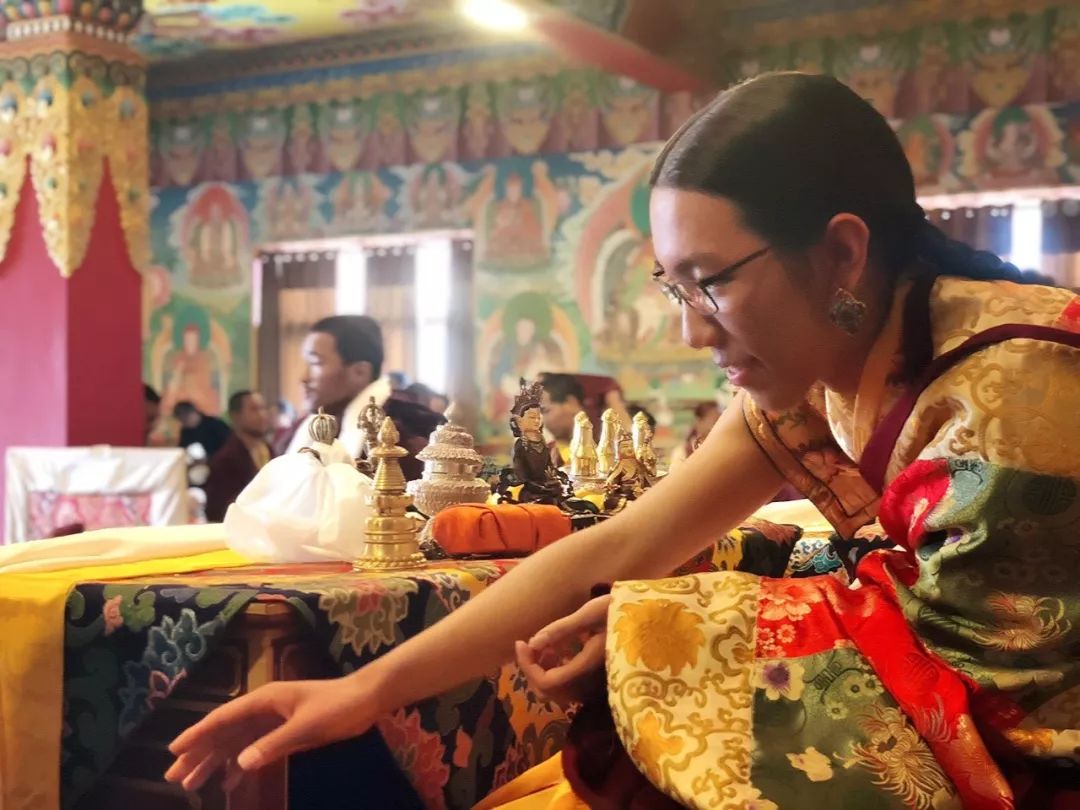Three Causes of Abandoning the Thought of Awakening or Generating Bodhicitta(i)

Three causes of Abandoning the thought of Awakening or Generating Bodhicitta(i)
Having understood the different types of Bodhicitta mind of enlightenment, one must also understand the obstacles that may cause one’s abandoning the thought of awakening or generating the Bodhicitta mind. It is important to know and understand these thoughts that cause us to abandon the thought of awakening Bodhicitta because if we understand the perils of these thoughts then when such thoughts do arise, one will be well equipped to deal with such thoughts.
The three causes of abandoning the thought of awakening or of generating Bodhicitta mind are:
- Abandoning the thought of awakening due to faintheartedness
- Abandoning the thought of awakening due to discouragement
- Abandoning the thought of awakening due to dreading the faults of cyclic existence.
The following excerpts from Sakya Pandita’s Clarifying the Sage’s Intent illustrates the first of the three causes of abandoning the thought of awakening.
Abandoning the thought of awakening through faintheartedness:
Some will think, “It is difficult for a person such as myself to achieve Buddhahood in which the two preparatory accumulations are perfectly complete” and so will not apply themselves to the training in aspiration. The antidote to this is to take courage.
For this you should reflect on these words of the Ornaments of Mahayana Sutra:
At every moment unlimited numbers
Of beings who are humans
Are attaining perfect awakening,
Therefore do not indulge in faintheartedness
Also ponder what is said in Guide to the Bodhisattva's Way of Life:
Even houseflies, horseflies, bees and worms,
Should they develop a diligent attitude,
Will attain the unsurpassable awakening
So hard to achieve.
If I do not abandon the way of life of a bodhisattva,
Why shouldn't a person of my sort,
Who can distinguish benefit from harm,
Attain awakening?
Moreover, consider the following examples.
Once, long ago there were seven worms on a leaf floating in the ocean. Driven by the wind, the leaf thrice circled a great image of Vairocana resting on the bottom of the ocean. Owing to this, the worms were reborn as seven girls of low caste. Oppressed by their poverty and low station, they devoted themselves to accumulating merit by gathering grass and wood, working as servants (and then using their income for virtuous purposes). Consequently they became in their next lifetimes the seven daughters of King Krkin, at which time they gratified Buddha Kasyapa through their services and received from him the prophecy that they would attain Buddhahood.
Likewise, there was once a pig who when chased by a dog, circumambulated a stupa three times and as a result later attained Arhatship.
There is also the story of the young Brahmin woman who offered a full begging bowl of cooked rice to the Buddha. The Buddha foretold that by that merit she would in all future lives be reborn in fortunate realms and would in the end attain the awakening of a Pratyekabuddha. Her husband, a young Brahmin, said to the Buddha, “O Gautama, having renounced your kingdom, you now face hard times, telling greedy lies for the sake of each bowl of rice”.
The Sage responded (by asking) “How big is a seed from the big Nyagrodha tree in front of your gate?”
The man replied: “It is tinier than a mustard seed”
The Buddha said, “You should not lie”. Thereupon the young Brahmin understood, and he beheld the truth.
Likewise, in the Good Eon Sutra the Buddha taught that by offering as little as an Arura fruit, a torch made of grass, or a cake of dung, and then formally generating the thought of awakening, you will attain perfect Buddhahood. As the Buddha also said in the same sutra:
Thus these are the fruitions of giving
A small offering to the Buddhas.
If such are the fruits for a person in cyclic existence,
What wise person would not generate the thought of awakening?”
–Khöndung Asanga Vajra, Aug 2018


Follow Asanga Rinpoche on social media